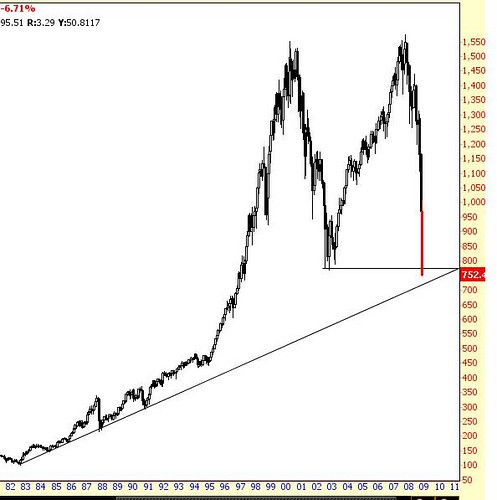What s Wrong With Austrian Business Cycle Theory Bryan Caplan
Post on: 16 Март, 2015 No Comment

A lot, but Tyler’s written a very fine postcard version. The Austrian story is that the government distorted price signals to the market. Are those two accounts really so different? Do we need metaphysics to resolve that question? Take the classic thin skull case in the law. Austrians won’t describe it this way, but they are postulating a very thin skull for markets and then blaming government for the disaster which results from government’s glancing blow to that skull. This is basically just a pithier version of what I said ten years ago in Why I Am Not an Austrian Economist. What I deny is that the artificially stimulated investments have any tendency to become malinvestments. Supposedly, since the central bank’s inflation cannot continue indefinitely, it is eventually necessary to let interest rates rise back to the natural rate, which then reveals the underlying unprofitability of the artificially stimulated investments. The objection is simple: Given that interest rates are artificially and unsustainably low, why would any businessman make his profitability calculations based on the assumption that the low interest rates will prevail indefinitely? No, what would happen is that entrepreneurs would realize that interest rates are only temporarily low, and take this into account.
[. ]
Why does Rothbard think businessmen are so incompetent at forecasting government policy? He credits them with entrepreneurial foresight about all market-generated conditions, but curiously finds them unable to forecast government policy, or even to avoid falling prey to simple accounting illusions generated by inflation and deflation. Particularly in interventionist economies, it would seem that natural selection would weed out businesspeople with such a gigantic blind spot. Admittedly, some Austrians have tried to answer this charge by positing some sort of Prisoners’ Dilemma, but this doesn’t work either: It should be noted that other Austrians, particularly Roger Garrison, attempt to handle the expectational objection. Garrison astutely notes that [M]acroeconomic irrationality does not imply individual irrationality. An individual can rationally choose to initiate or perpetuate a chain letter. Similarly, it is possible for the individual to profit by his participation in a market process that is — and is known by that individual to be — an ill-fated process.[50] This is definitely a possible scenario. But does it make sense in this particular case? It does not. Naturally, entrepreneurs will not turn down lower interest rates. Rather, the rational response to artificially low interest rates is to (a) make investments which will be profitable even though interest rates will later rise, and (b) refrain from making investments which would be profitable only on the assumption that interest rates will not later rise. If entrepreneurs followed this rule, then there would be no tendency for policy reversals to produce malinvestments. If my long self-quotations are putting you to sleep, let me end with a fortune cookie:
Comments and Sharing

Rather, the rational response to artificially low interest rates is to (a) make investments which will be profitable even though interest rates will later rise, and (b) refrain from making investments which would be profitable only on the assumption that interest rates will not later rise.
Human capital example: rates are low today so I get a student loan locked in at 5% permanently. Even if rates go up, my borrowing was rational, given my expected future earnings. Further, I discount my expected future earnings because I realize many others will behave similarly (this requires a very strong assumption of substantive rationality, but I’ll go along with it). The end result is I have more education than otherwise, and at the low rates it was worth it, and the same goes for everyone else who made the same decision. The macro result? My wages are higher, but even those who didn’t invest in education have their wages pushed down by those of us who did (remember question #10 from your assigned homework #4 in Labor Econ? -link — the total earnings actually fall, and only partly from a reduction in the college premium). The structure of production in labor markets has changed. A reduction in the interest rate leads more people to rationally get college degrees (a long-term project), and this causes total earnings to fall. Very Austrian, and very Caplanian.














